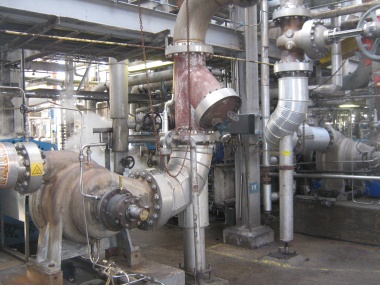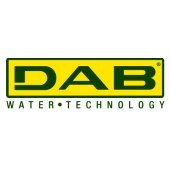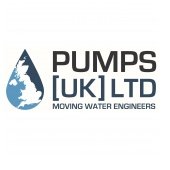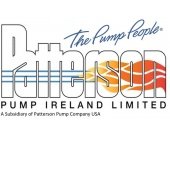Pump retrofit eliminates annual maintenance cost
 Flow magazine found out how new pump internals from Sulzer solved reliability issues and improved productivity for a Dutch chemical processing plant.
Flow magazine found out how new pump internals from Sulzer solved reliability issues and improved productivity for a Dutch chemical processing plant.
Correctly matching equipment to the application is essential for reliable and efficient operations. When machines fail to deliver the required performance, they can cause a significant bottleneck in the manufacturing process resulting in an ongoing loss of potential revenue. For a chemical plant in the Netherlands, years of maintenance issues with a group of ammonia pumps had incurred considerable expense and downtime despite repeated interventions from the original equipment manufacturer (OEM).
All these issues are now a distant memory after Sulzer delivered a retrofit solution that continues to prove reliable and cost-effective. As the maintenance group responsible for all assets in the chemical processing plant, Sitech Manufacturing Services has to ensure ongoing productivity and continued operations in a very competitive market. Proactive maintenance schedules and planned upgrades allow the company to deliver reliability and cost-effective production. In a recent project, Sulzer was called in to offer its design expertise and provide a retrofit solution to overhaul three bad actors that continued to present issues that the OEM could not resolve.
Counting the cost
Within the vast array of equipment at the processing facility, three pumps, which were originally installed in 1968, are tasked with the onerous job of pumping the ammonia feedstock for the production of nitrogen fertiliser. Two of the between bearing design, type BB3, twin impeller axial flow pumps are powered by steam turbines and one by a fixed-speed electric motor. In addition to this, an extra pump is kept as a spare.
From the outset, the pumps have suffered from poor reliability, with a mean time between failure (MTBF) of around 12 months, which has incurred high maintenance costs for the plant. The engineers had to deal with high vibration, excessive wear and broken impellers, all of which were causing a loss of performance and annual maintenance costs of around €150,000. Over the years, several design changes and mechanical improvements have been made to the pumps. In 1996, due to the corrosion that was also being experienced, the OEM suggested all the internal components be changed for parts made of Super Duplex stainless steel.
However, the material change did not address the inherent design issues, and the pumps continued to suffer from jammed wear rings, damaged impellers and excessive wear. The resultant loss of performance and high maintenance costs continued to cause issues, to the point that the pumps were identified as a major cause for concern in the nitrogen process.
Sulzer became aware of the issues being experienced with the pumps and offered to provide an engineered solution that would deliver long-term performance and reliability. Having appreciated the benefits that Sulzer could deliver, Sitech Manufacturing Services supplied the spare pump to the local service centre in the Netherlands as the impeller was broken and the pump needed to be repaired.
The retrofit process was preceded by a root cause analysis to determine the weak points in the existing design and enabled Sulzer to establish the best solution for this application.
Improved reliability
The first step was to use a laser scanner to create a precision model of the entire pump. Once this was complete, the design work could start on the new impellers and driveshaft. Sulzer’s high-energy pump experts in Leeds, supported the project with their extensive equipment knowledge and application experience.
Starting with Sulzer’s BBT-D pump design as a reference, the engineers focused on the impeller characteristics as well as the wearing parts, which required improved durability. Once complete, the plans were sent to the manufacturing site for this project in Germany, which created the new impellers and shaft.
Ben Lauwerijssen, Regional Sales Manager, Benelux for Sulzer, explained: “Back in the Netherlands, the pump was reassembled with the new components before being tested for performance. Once complete, the pump was returned to the chemical plant, where it was installed, commissioned and found to run very smoothly. In all, the whole project was completed in just 20 weeks.” Having identified these pumps as a source of concern in the manufacturing process, two more pumps were also scheduled for the same improvements, and now only one pump remains to be completed. The retrofits have been a considerable success, and the first has now delivered faultless reliability for over six years, confirming that Sulzer could provide all of the improvements that were promised.
Frank Sleijpen at Sitech Manufacturing Services concluded: “The continued vibration monitoring has shown that Sulzer’s design modifications have not only greatly improved the MTBF, but readings are significantly lower than those for the original pumps. This is a good indication of continued performance and long-term reliability, which will continue to save the company money year on year.” 
Back to Latest News
3.png&w=170&h=170)
1.png&w=170&h=170)

2.jpg&w=170&h=170)







